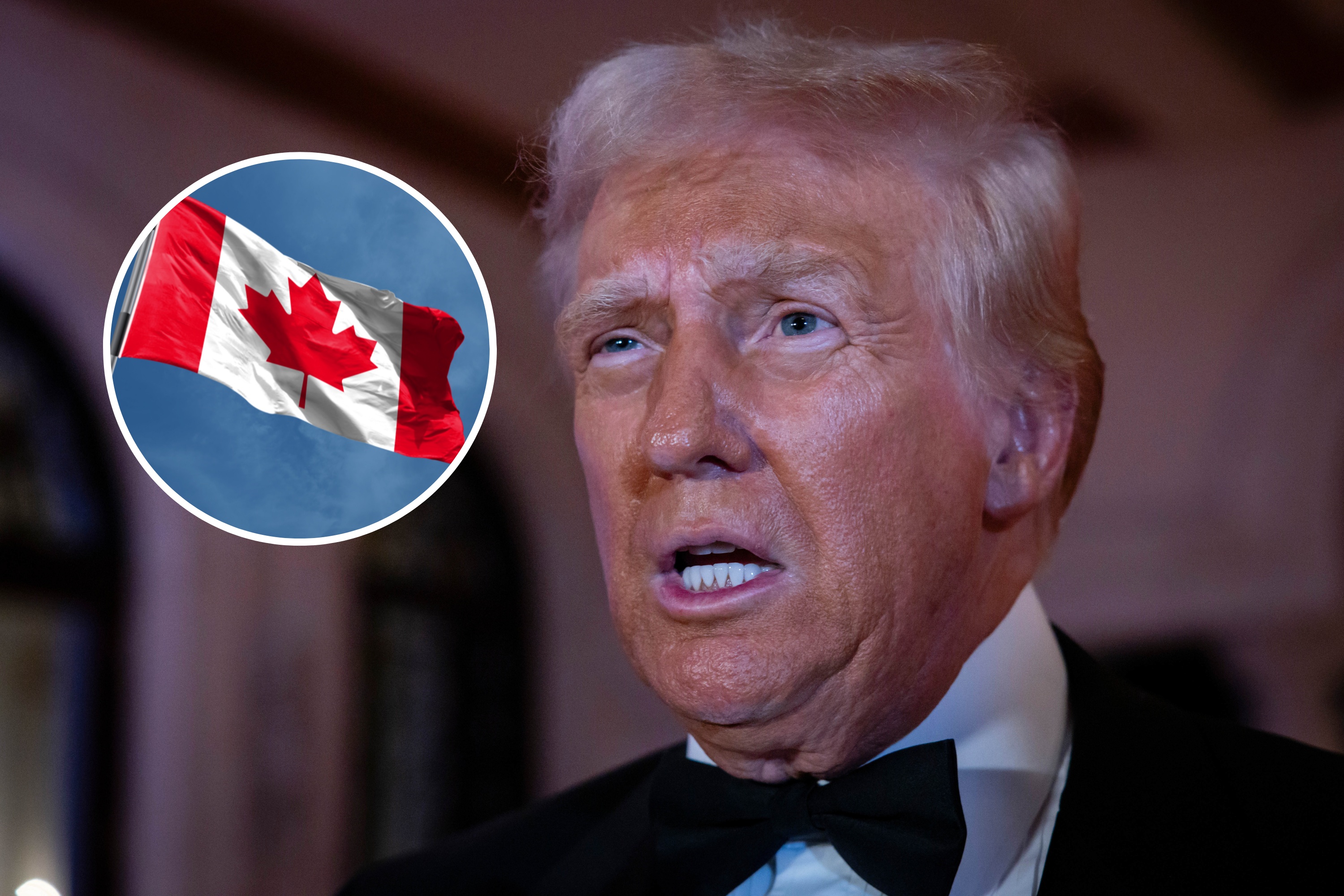President-elect Donald Trump's return to the White House will mark a historic calendar convergence, as Inauguration Day 2025 falls on Martin Luther King Jr. Day—only the second time these federal observances have aligned in the past 28 years.
Newsweek contacted the Trump transition team via email on Monday for comment on this uncommon occurrence.
When Is Inauguration Day?
The 60th Presidential Inauguration will take place on Monday, January 20, 2025, with the swearing-in ceremony scheduled for 12 p.m. ET.
The ceremony marks the beginning of Trump's second, nonconsecutive term, making him only the second president after Grover Cleveland to serve split terms.
Why Do Inauguration Day and MLK Day Fall on the Same Date This Year?
This rare convergence occurs because MLK Day is always observed on the third Monday in January, while Inauguration Day is constitutionally mandated for January 20.
In 2025, these dates align, creating a unique overlap of federal observances. Adding to the day's historical significance, U.S. flags will fly at half-staff to honor late President Jimmy Carter who died last month at 100, making Trump the first president to be sworn in under such circumstances.
It is customary for flags to fly at half-staff for 30 days after the death of a president or former president.

When Was the Last Time the Holidays Were Observed on the Same Date?
The last time these holidays coincided was during former President Bill Clinton's second inauguration in January 1997.
That inauguration similarly featured both ceremonial proceedings and MLK Day commemorative events.
When Was MLK Day First Observed?
Martin Luther King Jr. Day was first observed as a federal holiday in January 1986, three years after President Ronald Reagan signed it into law in 1983.
The holiday's establishment followed a long campaign by civil rights activists and legislators, with initial ceremonies commemorating King's birthday beginning shortly after his assassination in Memphis, Tennessee, on April 4, 1968. The holiday is unique as the only federal observance designated as a National Day of Service.
Why Is MLK Day Always on the Third Monday in January?
The holiday's timing was established by the Uniform Monday Holiday Act, signed into law by President Lyndon B. Johnson in 1968.
This act standardized several federal holidays to create consistent three-day weekends, including Memorial Day, Labor Day, and George Washington's birthday.
While King's actual birthday is January 15, the Monday observance ensures the holiday promotes extended community service opportunities and broader participation in commemorative events.
What States Do Not Recognize MLK Day?
While all 50 states now officially observe MLK Day, several maintain distinct approaches to the federal holiday.
Alabama and Mississippi celebrate a joint "King-Lee" day, also honoring Confederate General Robert E. Lee, whose birthday falls on January 19. Idaho observes it as "Martin Luther King, Jr. - Idaho Human Rights Day," while New Hampshire uses the designation "Martin Luther King Jr. Civil Rights Day."
Arizona's path to recognition was particularly complex. In March 1986, Governor Bruce Babbitt declared Martin Luther King Jr. Day an Arizona holiday through executive order after the State Legislature failed by one vote to pass the measure. However, in 1987, Governor Evan Mecham canceled the holiday, claiming Babbitt's executive order was illegal. Arizona ultimately became the last state to approve the holiday by popular vote in November 1992, when voters passed Proposition 300, which also consolidated Washington Day and Lincoln Day into President's Day.
South Carolina's journey was similarly prolonged. The state became the last to make it a paid holiday in 2000, previously offering workers a choice between King's birthday and three Confederate holidays. Virginia maintained a combined Lee-Jackson-King Day until 2000, when it split the observances, and finally eliminated Lee-Jackson Day in 2020.




















 English (US) ·
English (US) ·